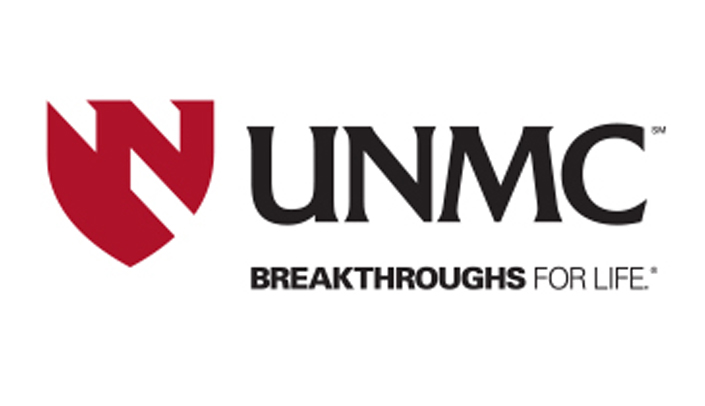NU system retirement plan participants are invited to participate in one of two Zoom forums to learn more and ask questions about upcoming enhancements to the University of Nebraska retirement programs.
NU finance and benefits experts and leading finance faculty will speak to plan participants at the events. The sessions will be at 2 p.m. Wednesday, Feb. 23, and 9 a.m. Thursday, March 3, and can be accessed here, where more detailed information and an FAQ also is available. Both Zoom sessions will be recorded and posted on the site following the events.
The Zoom events follow Monday's announcement of upcoming enhamncements to the NU System's retirement plan,
In an email signed by Bruce Currin, associate vice president for human resources, and Brian Schlichting, assistant vice president for business and finance/director of benefits, employees were told that the university’s contribution amounts to their retirement plans are not changing, and funds will continue to be fully vested right away. No action is necessary on employees’ part at this time.
After an eight-month review, a university-wide committee recommended the following changes to the system’s program, in line with best practices being adopted by universities across the country. More than 30 leading finance faculty from University of Nebraska-Lincoln, the University of Nebraska at Omaha and the University of Nebraska at Kearney have expressed support for the changes.
First, on Nov. 1, 2022, the NU system will move to a more streamlined, lower-cost investment menu for participants in its retirement plan. The proposed menu will be composed of a single best-in-class mutual fund for each broad asset class, as well as “Target Date Funds.”
With this simpler, more straightforward approach, employees’ retirement investments will be allocated to target-date funds according to industry standards based on the year in which they turn 65. The target-date funds are invested for potential growth in an employee’s early years, then gradually transition to more conservative investments over time. The target-date funds on the new investment platform will be Vanguard Target Retirement Funds.
Employees who desire a different investment allocation will have an opportunity in September and October to redirect the investment allocation of their funds. The NU System’s new core investment lineup will consist of:
- Vanguard Total U.S. Stock Market Index fund
- Vanguard Total International Stock Market Index fund
- Vanguard Total U.S. Bond Market Index fund
- Vanguard Federal Money Market fund
- TIAA Traditional Annuity (TIAA only)
With this simpler, more straightforward menu, less experienced investors won't have to navigate a complex menu of options, and the change also will lower employees’ fees. More experienced investors who desire additional investment options beyond the proposed menu will be able to open a self-directed brokerage account to access more than 8,000 mutual funds available on TIAA’s or Fidelity’s platform. This feature provides significantly more options than the 200 currently available to plan participants.
Then, following a comprehensive review and competitive bidding process, NU System leaders have decided to transition to a simple and transparent fixed-dollar recordkeeping fee. Recordkeeping fees are charged by TIAA and Fidelity for managing and assisting employees’ participation in their retirement plan. The move to a fixed fee will provide significant savings in recordkeeping fees for the majority of plan participants and will ensure continued excellent service for NU System faculty and staff.
Those enrolled in Fidelity will have a record-keeping fee of $29 per year. TIAA participants will have a record-keeping fee of $38 per year. Employees who have investment balances with both TIAA and Fidelity will be charged $67 per year for recordkeeping expenses ($29 Fidelity plus $38 TIAA).
Finally, the TIAA Traditional annuity investment option will be transitioning to a new contract beginning Nov. 1. The new TIAA Traditional annuity investment has improved liquidity and recently has produced better crediting rates. A comparison of the old and new TIAA Traditional annuity can be found here.
The NU System projects that the changes above will yield about $11 million in savings each year for university employees and retirees. This money goes directly back to retirement plan participants, not to the university.
The NU System plans to implement these improvements to the retirement program later this year. This fall, additional communication will be sent to employees on how to customize investments if they so choose. Those who choose the streamlined targeted date retirement funds will have their retirement funds transition to the new menu automatically. Thus, most plan participants will not need to take any action as part of these changes.
Employees can email with questions or leave feedback at the site.
